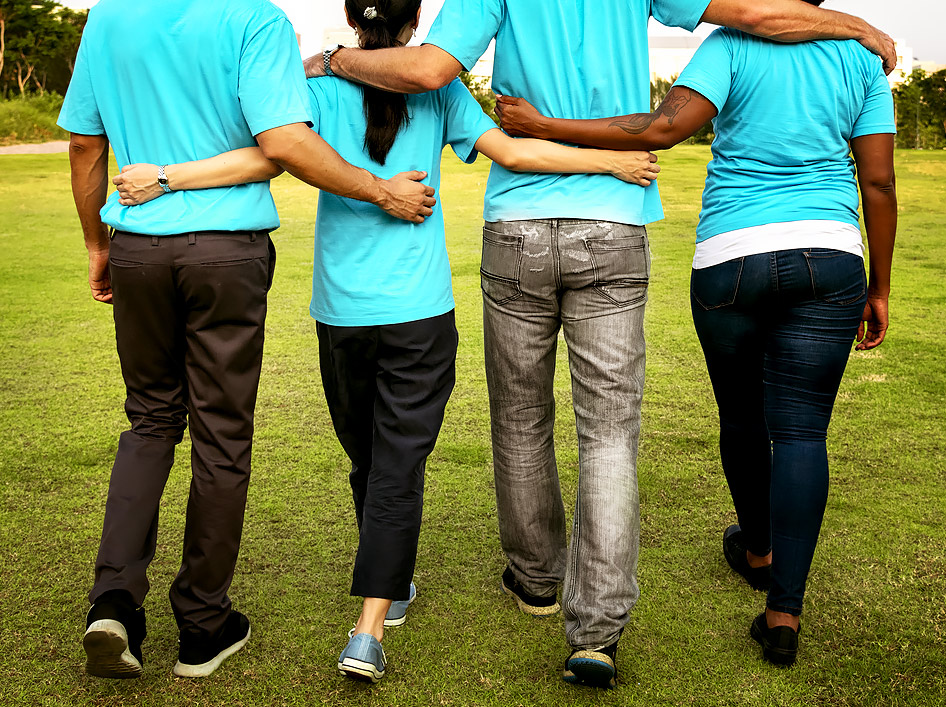Trauma Changes the Way the Brain Functions
Learn 4 Quick Tips to Stem the Change
By Bluestone Psychological Services
In a general sense when trauma occurs the first thing we tell people are to gather a support network. Find people they feel they can trust and talk to. Make sure they ARE talking to people and not holding their feelings in. Take time away from work/school/responsibilities if needed. Trauma changes the way a brain functions on a day to day basis. It engages the body’s natural “fight or flight” response. When this occurs, we “react normally to abnormal situations”. Basically, our body tells us there is danger and we react the way our body would in danger. The problem is, there usually is no danger after the trauma occurs. Our senses are heightened and we are triggered by things that would not previously have triggered us. We need to take time to figure out what these triggers are and how we are responding to them. People will all respond differently. If someone is still struggling to return to “normal” after a few weeks, I would recommend seeking therapy from a trained trauma professional.
Social support is the number one buffer that I see that helps with healing through a trauma. That’s why its so amazing to see the community coming together and supporting each other during this time. This includes reaching out when there is a need, whether this is to a loved one or a trained therapist, seeking out a trusted other who can offer support is one of the most valuable coping mechanisms someone can use (this can mean talking about the trauma, but doesn’t necessarily have to, can be the act of having someone to be there with you through the pain and crisis). The most important factor here is a feeling of safety, as trauma disrupts one’s ability to feel safe in the world.
Trauma Change Tips
Other mechanisms to help someone feel a sense of safety are grounding/mindfulness practices that help get you back into the present moment. This helps shift the focus back to what is going on both inside of you and around you in the present moment. Focusing on breathing and incorporating your 5 senses can be helpful, as well as saying a grounding statement to yourself, such as “I’m scared because the past is coming in, but I’m safe now.” This helps your body and mind integrate in the present moment.
- Talk about it. Work to express yourself with those around you; talk about your point of view, ask others about their experiences with the event, and remain open and willing to talk. This will facilitate a sense of community and understanding, and continue to allow your mind to process the events.
- Allow your emotions to run its course. Whether it is shock, tears, fear, anger, etc, allow yourself to experience the emotion rather than suppress it. Giving yourself a cathartic release is necessary in trauma and coping. Work to normalize your emotions and welcome them rather than run from them.
- Remember there is no one size fits all for traumatic grief. Some may not process for months, some may process immediately. Some may shut down, some may get active and involved. Each person reacts in their own individual way, so work to accept your unique reaction.
- Seek professional help if needed. Whether you witnessed a trauma or not, it is more and more understood that indirect victims of trauma often suffer similar effects as those directly involved. Don’t negate your emotions or traumatic responses just because you “weren’t there”. Often times, whether we were directly or indirectly involved, there is a need for processing of the event in order to minimize the amount of long term struggle you could encounter. An ounce of prevention is worth a pound of cure. If the idea of a meeting with a therapist has crossed your mind, listen to it.
You can reach us directly via our scheduler or contact form. Please contact us today. We will reach out shortly.
